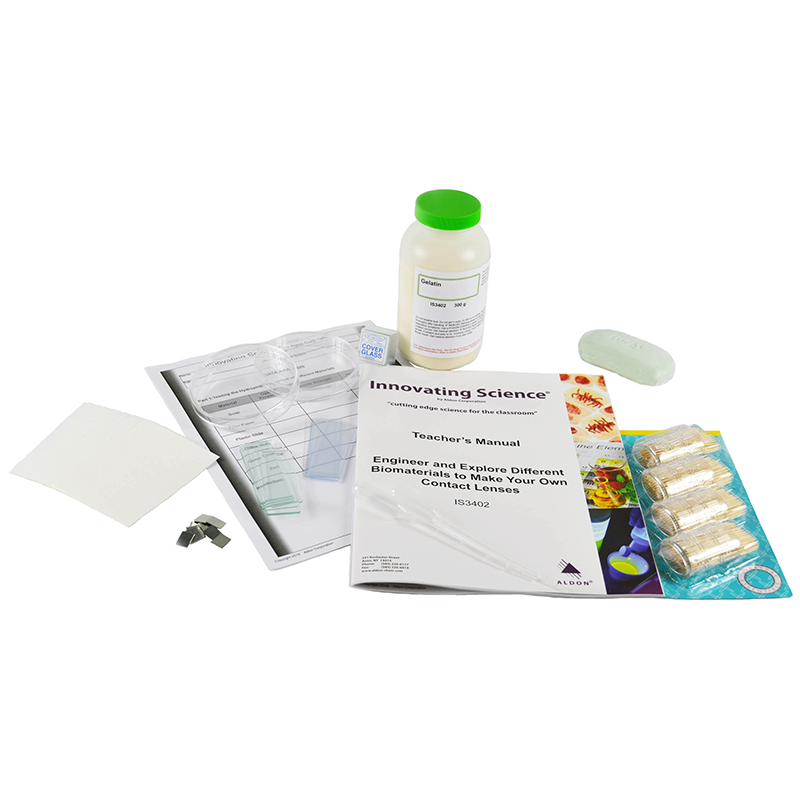


Engineers play an integral role in the process of finding a “perfect” material or ratio of materials to maximize the desired properties of an invention and decrease the amount of negative effects of other properties. For example, when developing the perfect material for use in contact lenses, an engineer will have to test many different materials before finding the right one. A hydrogel is a polymer similar to plastic that has favorable optical properties and favorable flexibility/strength but like paper and glasses/ceramics is hydrophilic, which is necessary for a contact lens to function properly. Testing a hydrogel, which is favorable for all three of the main properties needed for a contact lens to function properly, is the main job of a biomedical engineer developing contact lenses today. They make a hydrogel and find the perfect “ratio” of polymer to water. The composition of the hydrogel needs to be hydrophilic enough to maintain a wet environment in the eye but not too hydrophilic so that the contact begins to swell and change size and shape. Students will engineer a lens using 2 different materials. They will determine the correct material and the concentration that has similar properties as a contact lens, while discovering the correct optical properties, tensile strength and hydrophobicity.
Resources

